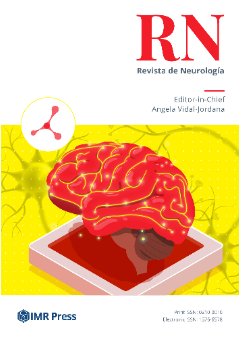Transition Announcement
Revista de Neurología
Starting from 2024 Volume 79, Issue 11, Revista de Neurología will be published by IMR Press.
The journal's website has been updated. For the latest information and access to the journal, please visit the new website.
